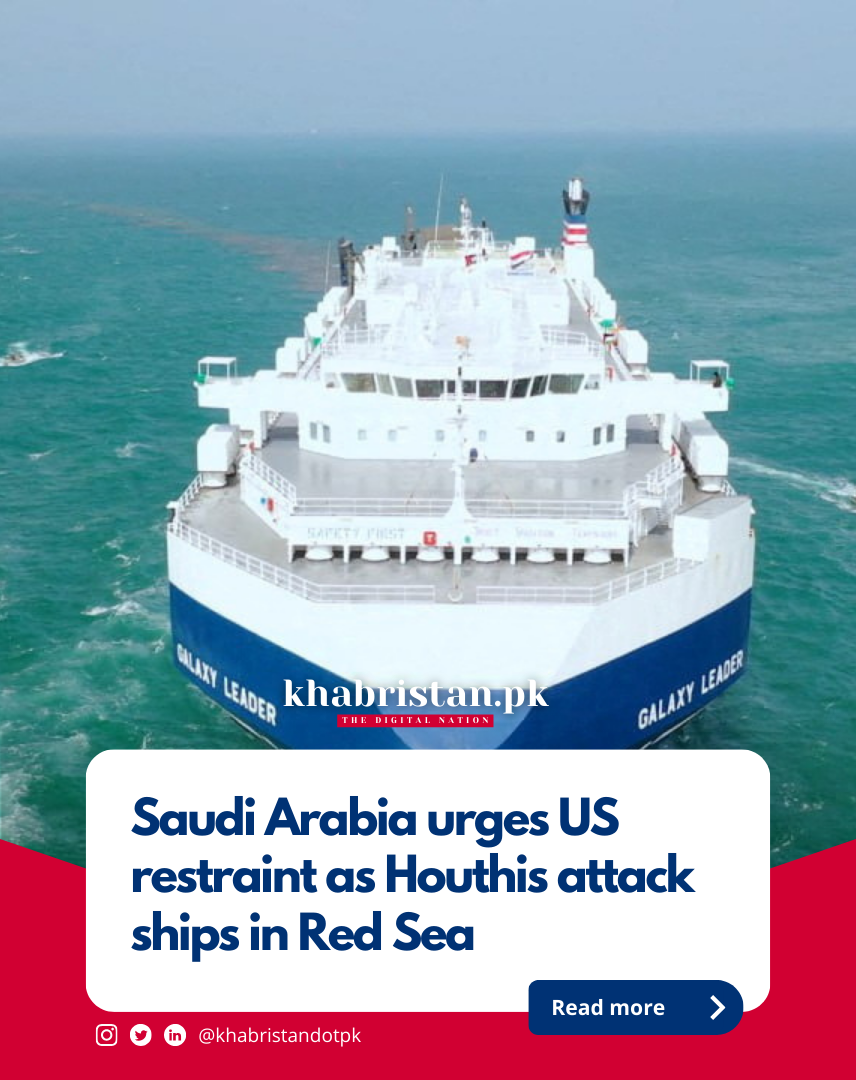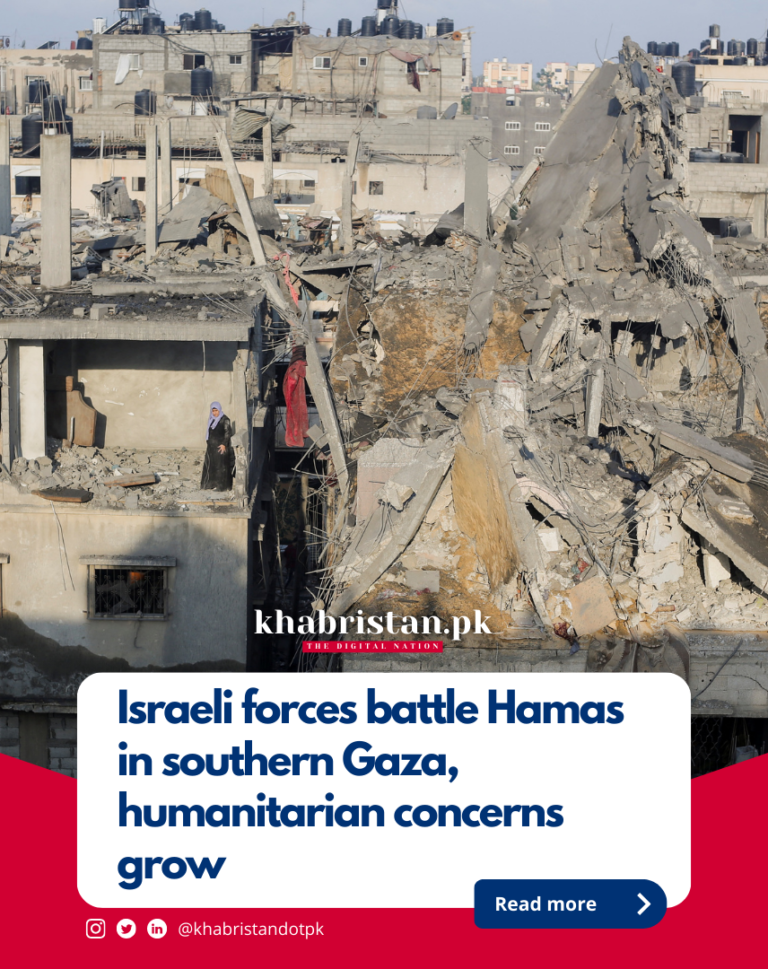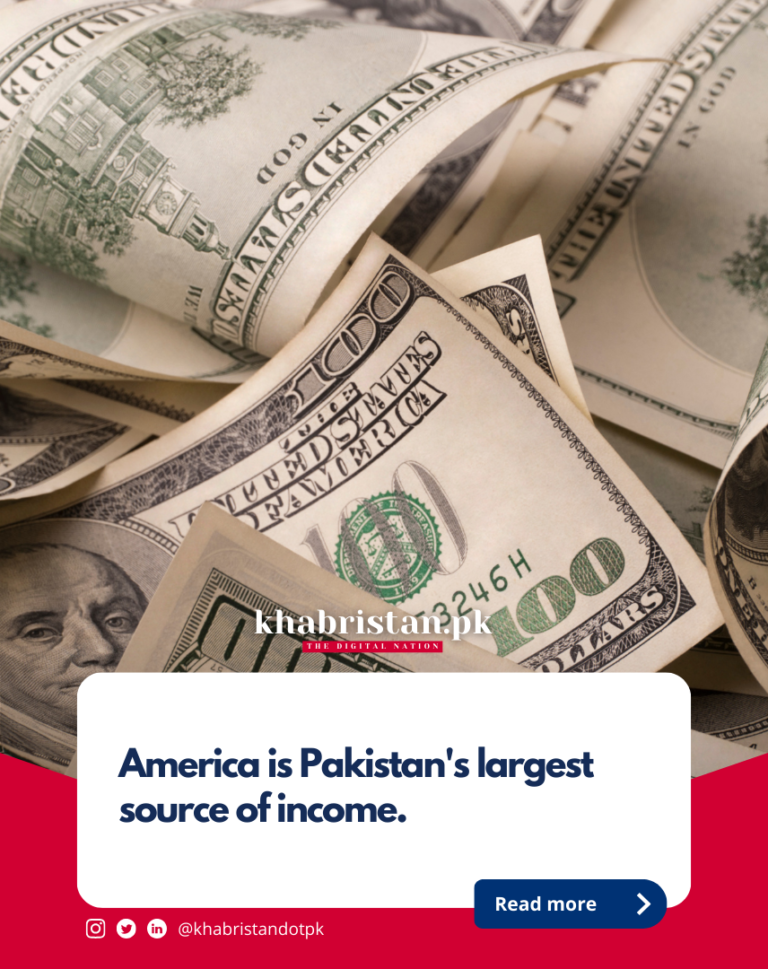In a significant geopolitical development, Saudi Arabia has reportedly urged the United States to exercise restraint in responding to attacks by Yemen’s Houthi rebels against ships in the Red Sea. This appeal from Riyadh comes as the Kingdom seeks to manage the spillover effects from the ongoing conflict between Hamas and Israel.
1701878960-0/Galaxy-Leader-(1)1701878960-0.jpeg)
The Houthi rebels, aligned with Iran, have actively engaged in the broader Middle East conflict that erupted on October 7. Their involvement includes attacks on vessels in crucial shipping lanes, as well as launching drones and missiles at Israel. The Houthis, who control a significant portion of Yemen, justify their actions as a demonstration of support for the Palestinians, vowing to continue until Israel ceases its offensive on the Gaza Strip.
This extension of the conflict has heightened regional risks, impacting vital sea lanes used for global oil shipments and causing concerns for Red Sea states as Houthi projectiles fly towards Israel. With Houthi missiles reaching Saudi territory, the world’s top oil exporter has expressed alarm and is keen on preventing further escalation.
Given the recent intensification of Houthi attacks on shipping, sources familiar with Saudi thinking reveal that Riyadh’s message to Washington is aimed at avoiding further escalation in the region. Saudi Arabia is reportedly satisfied with the current handling of the situation by the United States. Although Saudi Arabia has pressed the U.S. to bring an end to the conflict in Gaza, the White House has chosen not to comment on the matter.
As Saudi Arabia actively seeks a ceasefire to halt what it deems a “barbaric war” in Gaza, its diplomatic efforts align with a broader policy aimed at promoting regional stability. This shift follows years of confrontation with Iran and its allies. Riyadh, focused on expanding and diversifying its economy, has normalized ties with Tehran and is working to exit the nearly nine-year war with the Houthi rebels in Yemen.
Sources indicate that Saudi Arabia is actively engaged in advancing the peace process in Yemen, even as the conflict in Gaza unfolds. Riyadh is concerned that the regional instability caused by the Gaza conflict could derail progress made in Yemen, which has experienced relative calm in recent months due to direct peace talks between Saudi and Houthi officials.
The Houthi attacks during the Hamas-Israel war have not only elevated their profile within the Iran-aligned camp, which includes groups like Hamas, Hezbollah, and Iran-backed militias in Iraq, but also raised the stakes in the broader regional context. The Houthis, with a substantial military force, including ballistic missiles and armed drones, have emerged as a formidable player in the Arabian Peninsula.
Senior sources within the Iran-aligned camp suggest that the Houthi attacks are part of a coordinated effort to exert pressure on Washington to compel Israel to halt its offensive in Gaza. This goal is shared by Iran, Saudi Arabia, and other regional players. It’s reported that Houthi representatives discussed their attacks with Iranian officials during a meeting in Tehran in November, strategizing to carry out actions in a “controlled” manner to help bring an end to the Gaza conflict.
It’s important to note that Iran has denied involvement in the Houthi attacks, and Tehran and Washington have reportedly exchanged messages through intermediaries, with both sides calling for restraint. Despite condemnations from the United States and Britain, blaming Iran for supporting the Houthis, Tehran insists that its allies make independent decisions.
In the most recent incident, where three commercial vessels were attacked in international waters, the Houthis claimed responsibility, alleging that they targeted two Israeli vessels. However, Israel denied any connection to the ships. The U.S. Navy destroyer, the Carney, intervened, shooting down three drones and responding to distress calls from the vessels. The Pentagon clarified that the Carney’s actions were defensive, but did not assess whether it was the intended target.
While tensions escalate in the region, there are ongoing diplomatic exchanges between Tehran and Washington to prevent further escalation. Both sides have conveyed messages emphasizing restraint, with the potential for U.S. retaliation against the Houthis remaining uncertain. As the situation unfolds, the international community closely watches the evolving dynamics in this complex geopolitical landscape.








Leave a Comment